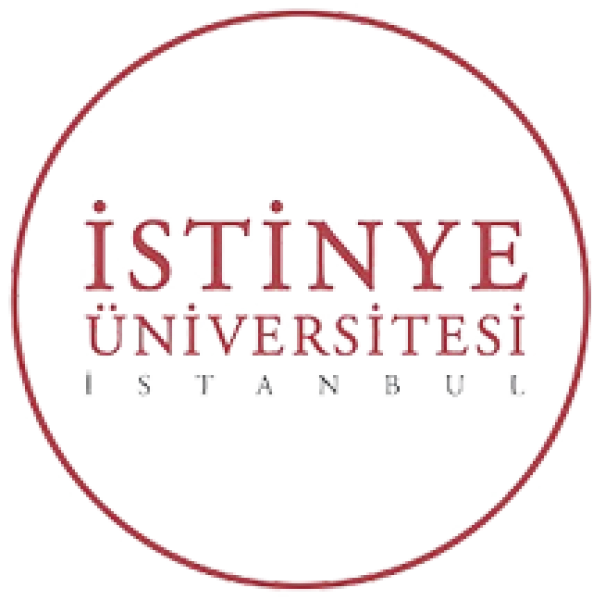Faculty: Graduate Programs Institute
This interdisciplinary specialization focuses on the study and application of stem cells and tissue engineering for regenerative medicine. Students explore stem cell biology, principles of tissue engineering, biomaterials, and regenerative therapies. The program emphasizes laboratory techniques, research methodologies, and clinical applications. Graduates are prepared for careers in regenerative medicine, biotechnology, and academic research.
Learning Objectives:
- Understand the fundamentals of stem cell biology and tissue engineering.
- Develop skills in cell culture, tissue engineering techniques, and biomaterials.
- Learn techniques for distinguishing between stem cells and functional tissue engineering.
- Explore the principles of regenerative medicine and clinical applications.
- Understand ethical considerations and regulatory frameworks in stem cell research.
- Analyze challenges and opportunities in stem cell and tissue engineering research.
- Develop teamwork and problem-solving skills for research projects.
Main Syllabus:
- Introduction to Stem Cell and Tissue Engineering - Overview of stem cell biology, tissue engineering, and regenerative medicine.
- Stem Cell Biology - Principles and techniques for stem cell isolation, cultivation, and characterization.
- Principles of Tissue Engineering - Basics and techniques of engineering functional tissues and organs.
- Biomaterials in Tissue Engineering - Principles and techniques for designing and manufacturing biomaterials.
- Cellular and Molecular Biology - Fundamentals and techniques for studying cellular processes and gene expression.
- Regenerative Therapies - Principles and techniques for developing and applying regenerative therapies.
- Ethical Considerations in Stem Cell Research - Understanding ethical considerations and professional conduct in stem cell research.
- Research Methods in Stem Cell and Tissue Engineering - Principles and techniques for conducting and evaluating research.
- Practical Training in Stem Cell and Tissue Engineering - Real-world laboratory and research experiences.
- Final Project in Stem Cell and Tissue Engineering - Comprehensive project to apply acquired skills in stem cell differentiation or tissue engineering.
Assessment Methods:
Projects in stem cell biology, tissue engineering designs, biomaterials manufacturing reports, cellular and molecular biology analyses, regenerative therapy plans, ethical consideration papers, research methodology papers, practical training reports, final projects, group projects, and internships.
Recommended Textbooks:
- "Stem Cell Biology" by Clive Svendsen and Rosalind Segal.
- "Principles of Tissue Engineering" by Robert Lanza et al.
- "Biomaterials Science" by Buddy D. Ratner et al.
- "Cellular and Molecular Biology" by Gerald Karp.
- "Regenerative Medicine" by Anthony Atala et al.
Prerequisites:
Basic knowledge in biology, chemistry, and molecular biology. Suitable for students interested in regenerative medicine and biotechnology.
Duration:
Typically 4 years to obtain a bachelor's degree, including coursework, projects, practical training, and internships.
Certification:
Graduates can earn a degree in stem cell and tissue engineering and obtain certifications in regenerative medicine or biotechnology.
Target Audience:
Aspiring researchers in regenerative medicine, biotechnology experts, academic researchers, and professionals seeking specialization in stem cell and tissue engineering. This specialization equips students with the biological, engineering, and practical skills needed to excel in stem cell and tissue engineering, supporting progress in regenerative medicine and biotechnology.

